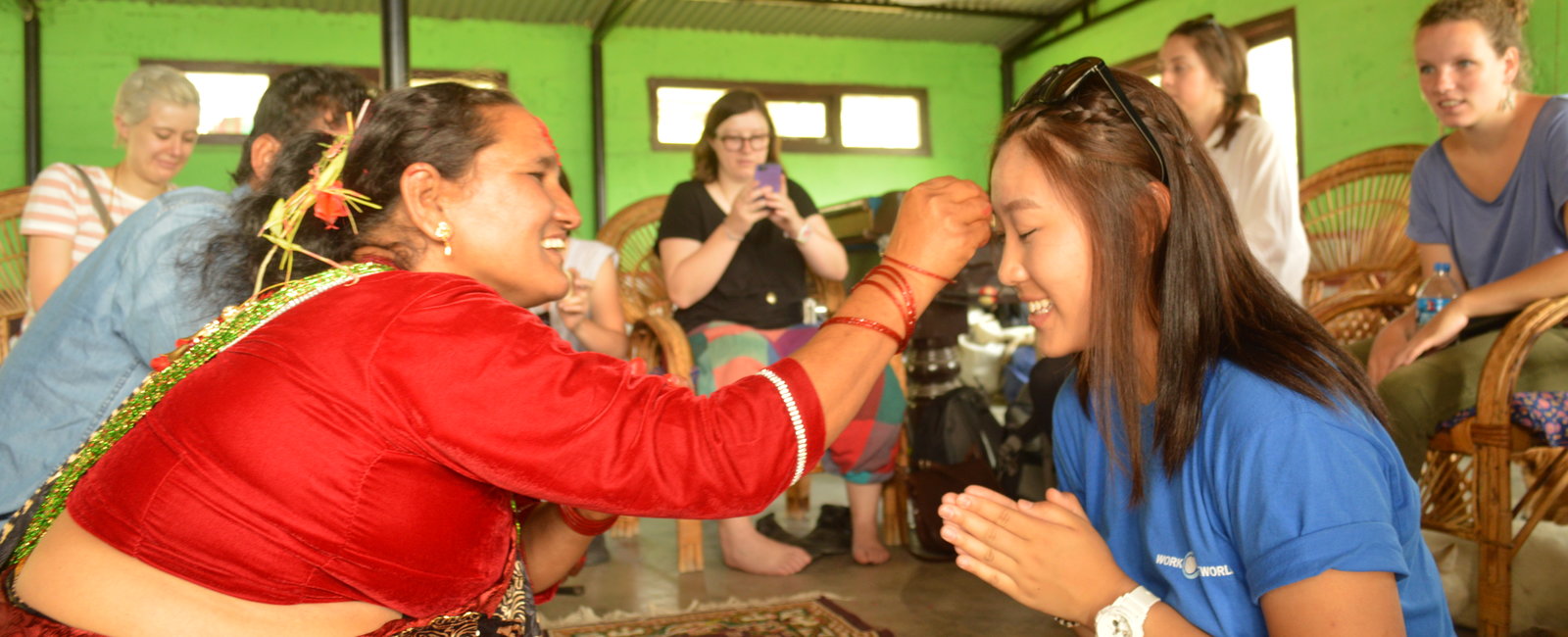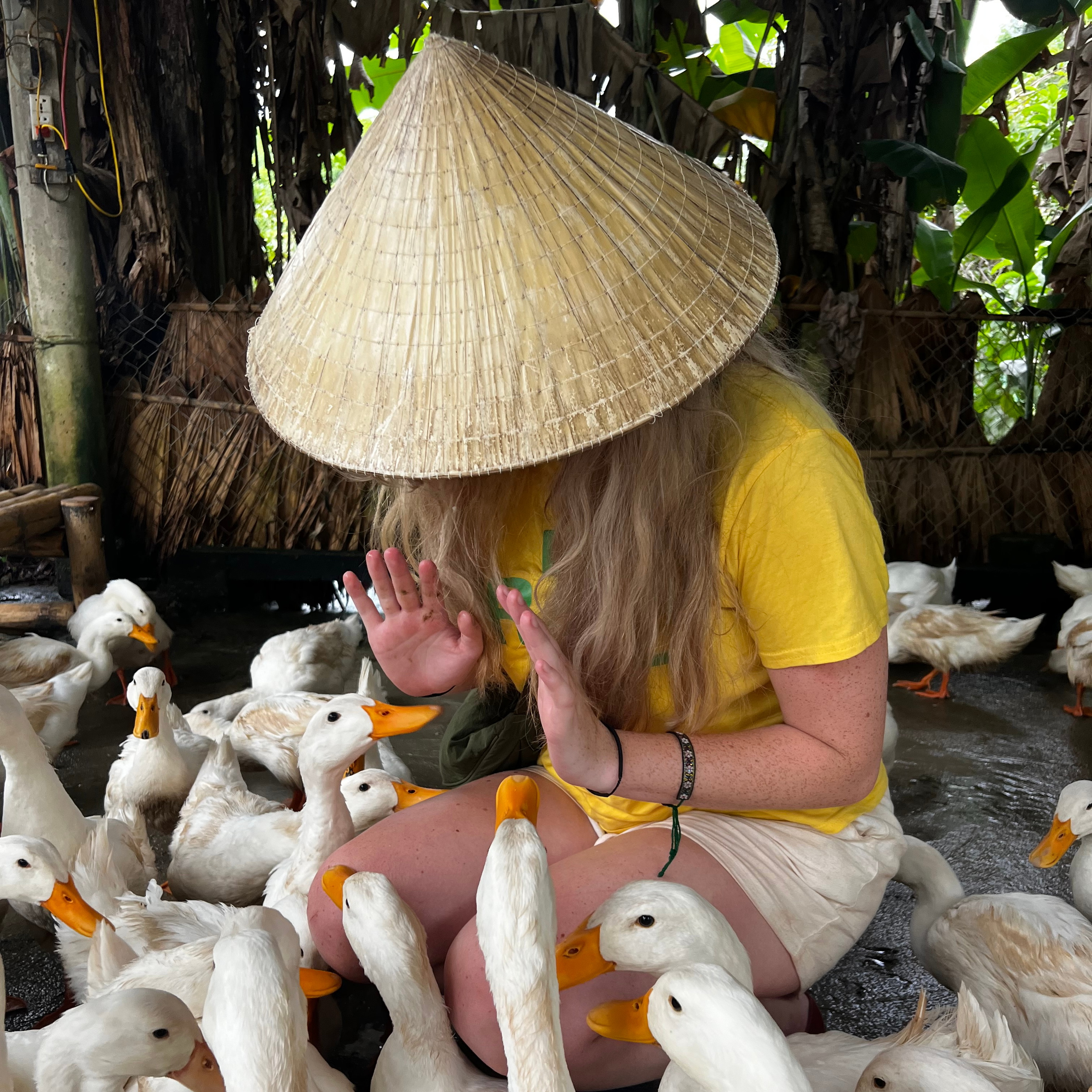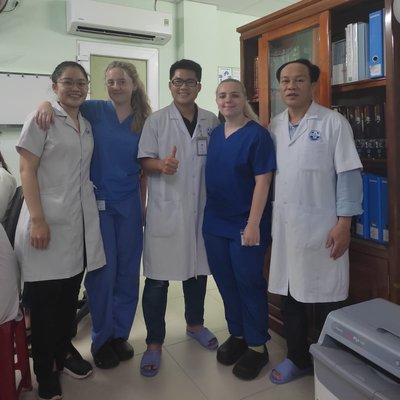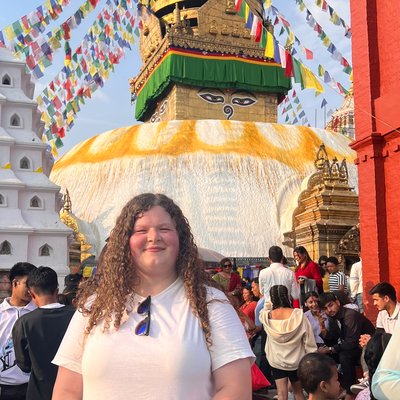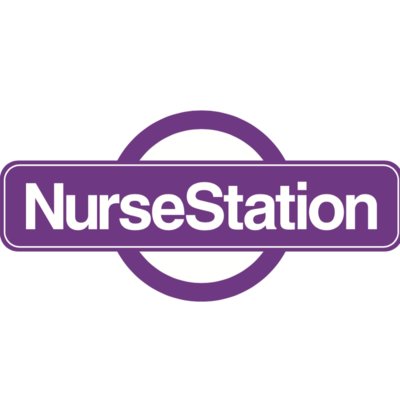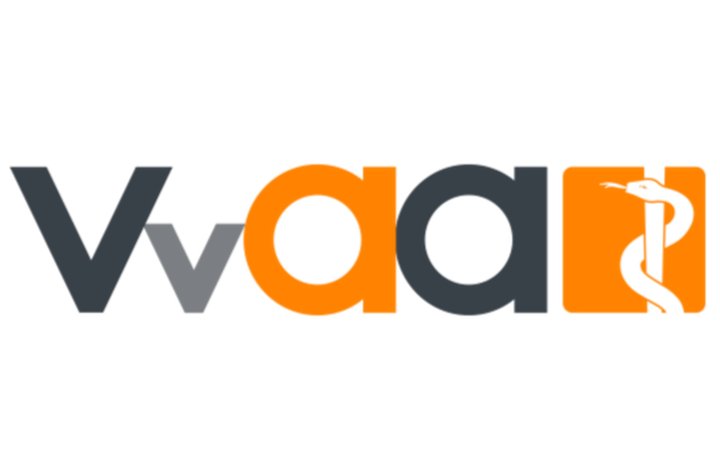Cardiff University 2013
Why Work the World...
I heard about Work the World through the Society of Radiographers as they hold an annual competition to win a four week placement to one of their third world destinations, which I entered. When I was searching through the Work the World pages it all sounded so exciting and I knew that even if I didn’t win the competition I would still have to visit the department in either Ghana or Tanzania – luckily, I won anyway!
The planning...
Everything was sorted out so quickly by Work the World as I didn’t have very many months between winning and going out there, and it was all so easy. Work the World sorted everything out for me concerning my hospital placement and told me exactly what I needed to do and when! Their ‘My Trip’ tool was so helpful in knowing what to do and when it had to be done by and the information pack helped me to pack my suitcase, sort my professional indemnity insurance, travel insurance, visa, vaccinations, money and everything else you can think of. I had no problems at all with anything; if I wanted to ask a question (as silly as some of them may have been!) they were always just a phone call away and always willing to help.
My arrival, house and the amazing staff..
On arrival at Dar Es Salaam airport, after a long wait through immigration, Alpha was there to meet me with his lovely, welcoming smile and take me back to the house with his trusted taxi driver. Moving into the house was very strange when I first got there as at that point I was the only ‘newby’ there, but everyone was so welcoming and I soon settled in over the weekend. It’s such a lovely house and the people really do make it, although I thought sharing a room would be strange at first, it turned out to be a real laugh and I enjoyed it. There was loads of space to chill in the living room and dining room and having our own pool was awesome (although very cold!). On the Monday all the ‘newbys’ had their orientation, so we got shown the cash points, bureau de change, local wifi, local cafes, markets and supermarket. We then all got shown to our hospital departments, I was on my own at the specialist hospital, so Alpha took me – it was very scary at the time thinking I would have to travel by daladala (bus) alone everyday! But they reassured me that if I needed them then I could call on them. Both Mark and Alpha were so amazing, I couldn’t have asked for nicer staff to be there for me! They went above and beyond the call of duty and would sort out any trips we wanted to go on, for example, to Bagamoyo and to Zanzibar for the weekend. And often they came out for tea with us, to the local Q bar or to karaoke at coco beach! And Rehema’s cooking is insane! There are a lot of carbs, but here food is out of this world – I wish I could cook rice like she can. Edito the security guard was so lovely too, he always had a friendly smile and would make you laugh.
The hospital...
I was in the hospital for 4 weeks on placement and this was enough to see everything I needed and gave me a better understanding into why we do things the way we do. It was a small hospital, nothing like the UK and I don’t think my words will be able to fully explain everything, it’s a ‘you’ve got to see it to fully grasp the picture’ experience!
Things were very basic as I had expected, using Colbalt-60 radioactive machines, with much of the equipment being broken and the staff had to adapt it to use it. Patients were not simulated for their treated as it was broken, so treatments were standardised from patient to patient, no planning was carried out and no tattoos given, just plaster marks around the field border (which more often than not fell off when washing, so the patients would put them back on in the wrong place anyway!)
The numbers of patients that they treat in a day was about 140 and their hours were 7 in the morning, until sometimes 2 the following morning – due to African Time – TIA! They have no choice though, they are very caring and the number of patients that they have in a day is increasing still as awareness in Dar Es Salaam is increasing still. Some patients came from tribes up the north end of Tanzania and did not speak Swahili, so it was interesting to see how they overcame the language barrier.
I saw things that I had never seen in the UK and the common cancers varied too. Cervical cancer was most common, followed by breast and the other cancers I saw were few and far between; a few lymphomas, oesophagus and brain. Prostate cancer was non-existent! Techniques used were also very simple and weren’t necessarily the best for the patient, but they were the best that they could offer with the equipment that they have there.
My saddest case that I think struck me the most was a little 7 year old girl who was scared to death and was being treated for xeroderma pigmentosa. I had never heard of this before travelling out there and it basically means that she’s allergic to the sun and any amount of UV light would lead to skin cancer. She had deep lesions all over her scalp, all over her face, her nose had been eaten by tumour, her left eye completely diseased and her mouth had ulcerative lesions throughout it. It was a very palliative treatment, just to relieve some bleeding and pain, but her mother still had hope for her that she was going to be cured.
The staff were lovely and very welcoming, they tried to teach me some Swahili, but it’s hard to learn when they speak so fast! It was sad because they get taught the same course as we do in the UK, so the correct and best way to do it, but the only knowledge that they have is theoretical because they just do not have the equipment or money to be able to practice the way we do.
Leisure time...
There is so much to do and see around Dar and something for everyone...Whether you’re into history, beaches, shopping or animals! Everyone of my weekends was jammed full with visits, among the best was Zanzibar where we went on a Spice tour (it sounds boring, but it was genuinely amazing!) and to prison island, and another was Bagamoyo, which is under-rated and definitely should be on you’re to do list over there!
Would I recommend Dar...?
For Sure! My four weeks in Dar were the most eye-opening of my career and I got so much from it. I got to see a different side of life, not only in the hospital, but outside in the way African's live and how they cope with what they have – they are truly amazing people!
